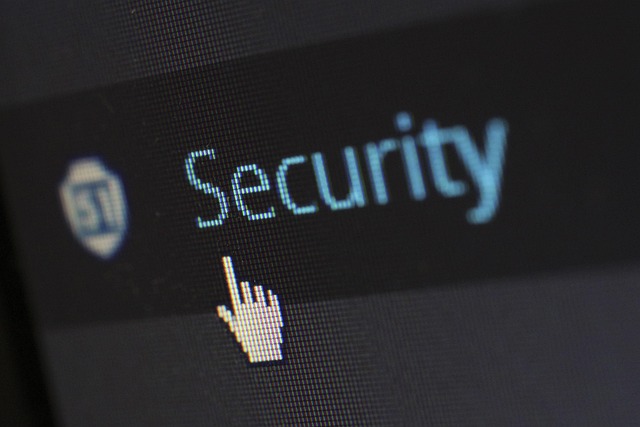
The Role of Antivirus in IT: Safeguarding Your Hardware
In today’s digital age, the reliance on technology has never been greater. As organizations and individuals increasingly integrate hardware and software solutions into their daily routines, the need for robust security measures becomes paramount. This is where the role of antivirus software emerges as a crucial ally in the realm of informational technology (IT).
The primary function of antivirus software is to detect, prevent, and eliminate malicious threats that can compromise your system. These threats can take numerous forms, including viruses, worms, spyware, and trojans, each designed with the potential to disrupt functions, steal information, or even bring entire networks to a halt. In a world where a single compromised hardware component can lead to catastrophic breaches, employing effective antivirus solutions becomes a cornerstone of IT security.
Your hardware is not just a collection of physical devices; it is the core of your entire informational ecosystem. Every computer, server, and mobile device holds critical data, personal information, and even proprietary business secrets. When left unprotected, these devices become inviting targets for cybercriminals who are constantly innovating new ways to exploit vulnerabilities. Therefore, the investment in a reliable antivirus solution is an investment in safeguarding your hardware and the data it holds.
Antivirus software operates in the background, upon installation, routine checks, and updates help maintain a protective barrier against emerging threats. Some might underestimate the importance of running antivirus scans regularly, believing that good practices like not downloading suspicious files are enough. However, as the saying goes, an ounce of prevention is worth a pound of cure. Regular scans catch threats before they can do any damage, ensuring your systems remain protected at all times.
Moreover, modern antivirus systems are increasingly equipped with advanced features like real-time protection, behavior monitoring, and web filtering. These elements not only target known malware but also analyze suspicious behaviors and block access to potentially harmful websites. With the rise of remote work and cloud computing, having robust antivirus software is essential to protect various interconnected devices that might not be under constant supervision.
In the face of rapidly evolving cyber threats, the significance of educating ourselves about antivirus protection cannot be overstated. IT professionals must stay updated with the latest security trends and vulnerabilities to make informed decisions regarding the type of antivirus solutions that will best safeguard their environments. An effective antivirus strategy is not a one-size-fits-all approach; rather, it requires a comprehensive understanding of an organization’s hardware, the nature of its operations, and potential risks.
Additionally, organizations must prioritize employee training on antivirus best practices. Cybersecurity awareness training can bolster the first line of defense against threats. Many breaches occur due to human error, such as falling victim to phishing attempts or clicking on malicious links. By instilling a culture of caution and vigilance, businesses can greatly enhance overall security and protect their hardware investments more effectively.
Ultimately, while antivirus software may seem like just another component of IT infrastructure, its role is crucial in maintaining the integrity of hardware and ensuring that the flow of information remains secure and unimpeded. As cyber threats continue to grow in sophistication, it is essential to recognize that antivirus solutions are not simply useful tools but vital lifelines that help safeguard not only our hardware but the data that drives modern society.



